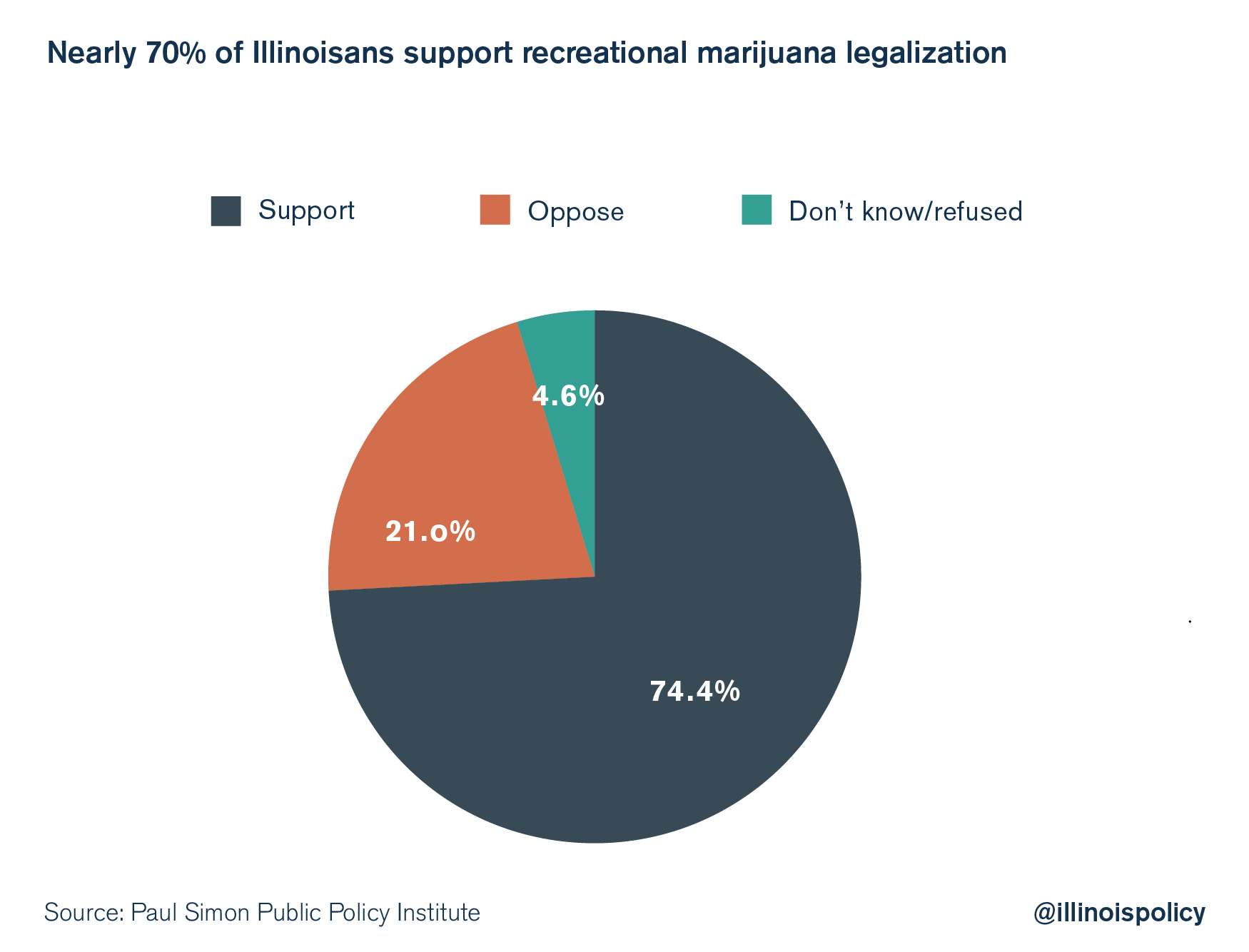Legislation would allow people convicted of cannabis offenses to petition for expungement if Illinois legalizes marijuana
A proposed amendment to Illinois’ Criminal Identification Act would allow people to petition to have their arrest and conviction records cleared of any cannabis-related offenses that Illinois ultimately takes off the books through marijuana legalization.
An Illinois lawmaker filed legislation that would allow anyone convicted of a felony or misdemeanor cannabis possession to petition to get his or her record expunged if Illinois legalizes recreational marijuana.
On March 27, state Rep. Marcus Evans Jr., D-Chicago, filed an amendment to House Bill 183 that states:
“Whenever a person has been convicted of a felony or misdemeanor violation of the Cannabis Control Act, he or she may petition the circuit court to expunge the records
of his or her arrest, charge not initiated by arrest, and conviction records for that offense, if and only if, criminal penalties for that offense are subsequently removed by law.”
Legalization legislation
An Illinois lawmaker filed legislation March 22 to legalize marijuana use, manufacture and distribution in the state, treating the substance like alcohol.
State Rep. Kelly Cassidy, D-Chicago, filed an amendment to House Bill 2353 that revises the state’s Cannabis Control Act, making a number of sweeping changes.
Cassidy’s proposal would have the state tax marijuana at a rate of $50 per ounce wholesale, and retail sales would be subject to the state’s 6.25 percent sales tax. The Marijuana Policy Project estimates that legalization in Illinois could generate about $350 million to $700 million per year in tax revenue for the state.
Other changes Cassidy’s legislation would make include:
- Marijuana legal for anyone age 21 or older. The substance would be regulated the same as alcohol – buyers must show identification when purchasing, and selling to anyone under age 21 would be illegal. Public smoking would remain illegal, and punishable by a fine of up to $100.
- Manufacturing and distributing marijuana legal for anyone age 21 or older. But “cultivation” of marijuana plants may not proceed in public view. Growers must also ensure anyone younger than 21 does not have access to the plants, and growers may only grow the plants on property they own legally – or with the consent of the property owner. Anyone who violates these stipulations would face a fine of up to $750. Anyone wishing to grow, process, cultivate, harvest, possess, sell or purchase industrial hemp or industrial hemp-related products would be required to get a state license to do so.
- A possession limit of 28 grams for state residents. Nonresidents may possess only 14 grams of marijuana.
- Smoking marijuana while driving still illegal. This legislation would not legalize driving under the influence. Moreover, anyone caught driving while smoking marijuana may be fined up to $200 or have his or her driver’s license suspended for up to six months, or both, for the first violation. People caught for subsequent violations could face a fine of up to $500 and a driver’s license suspension of up to a year.
If Cassidy’s amendment passes, the Department of Agriculture would have 180 days to create regulations for cannabis establishments. The legislation has been referred to the Appropriations-Public Safety Committee.
Chicago officials filed a resolution calling on Gov. Bruce Rauner and the General Assembly to enact legislation regulating taxation on recreational marijuana.
Two-thirds of voters support legalizing marijuana for recreational use if it is taxed and regulated like alcohol, according to a poll from the Paul Simon Public Policy Institute at Southern Illinois University Carbondale, released March 27.

Illinois decriminalized small amounts of marijuana in July 2016, when Gov. Bruce Rauner signed legislation making possession of up to 10 grams of marijuana punishable by a fine of between $100 and $200. Prior to this legislation, offenders faced a misdemeanor charge, resulting in a fine of up to $1,500 and possible jail time of up to six months.
